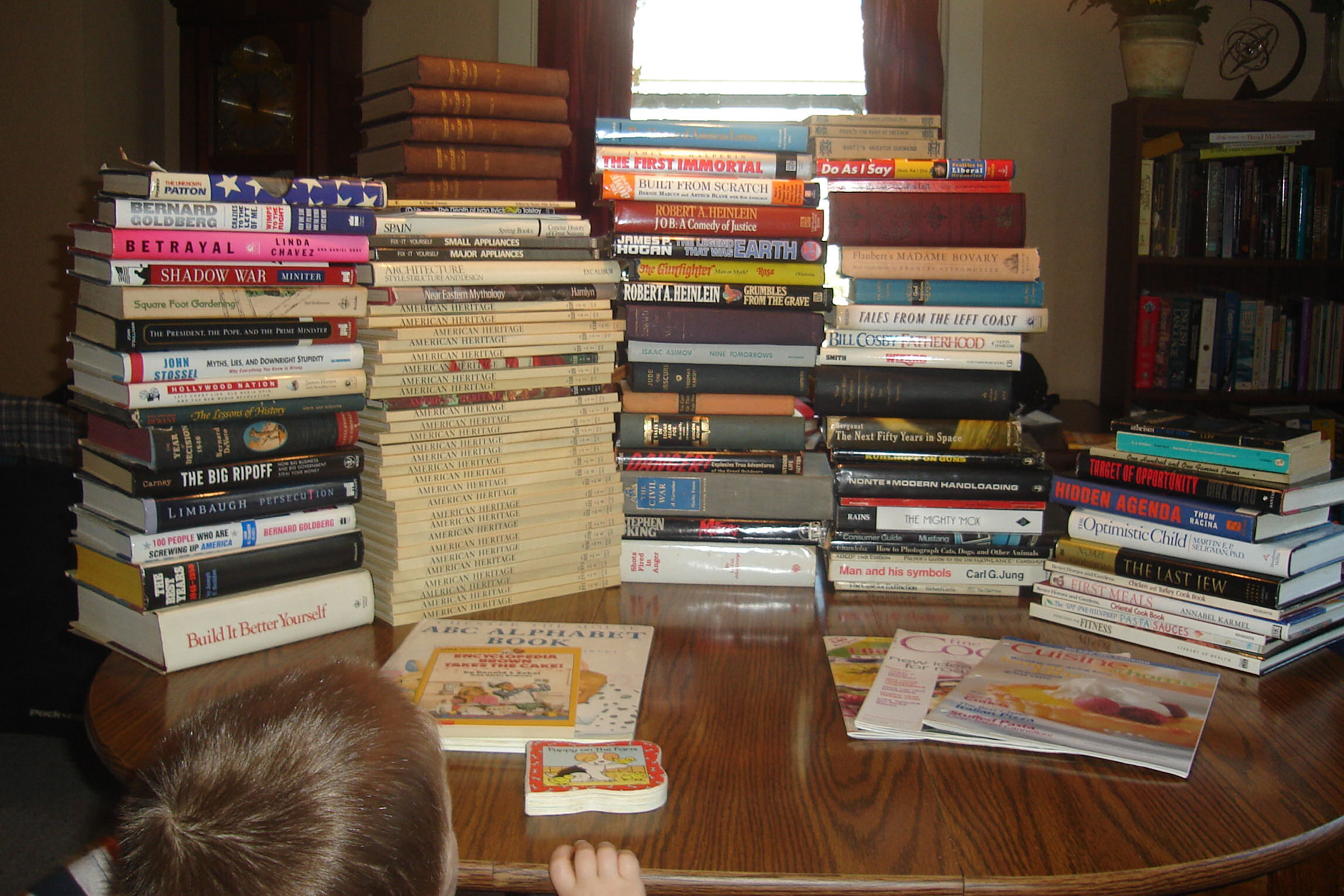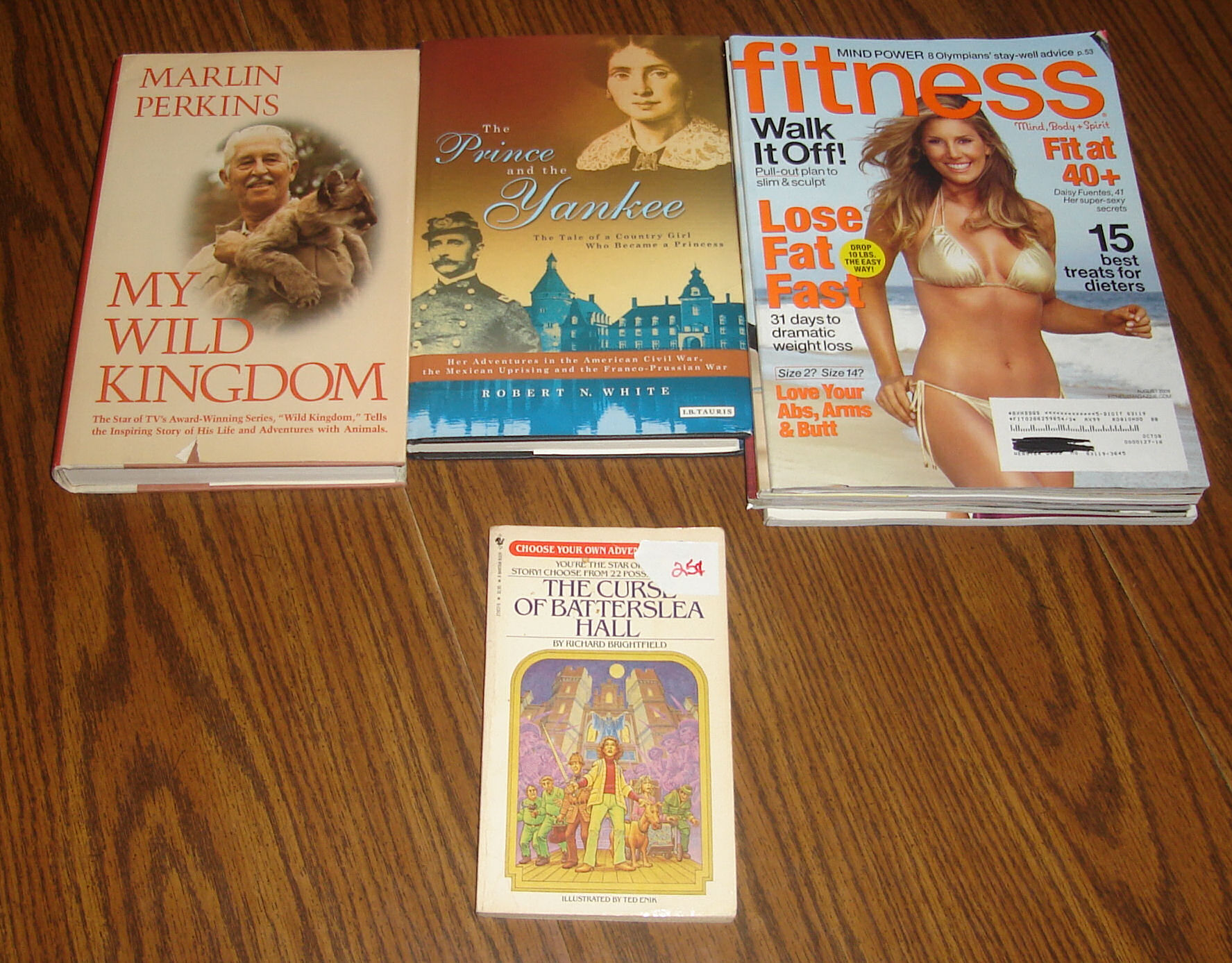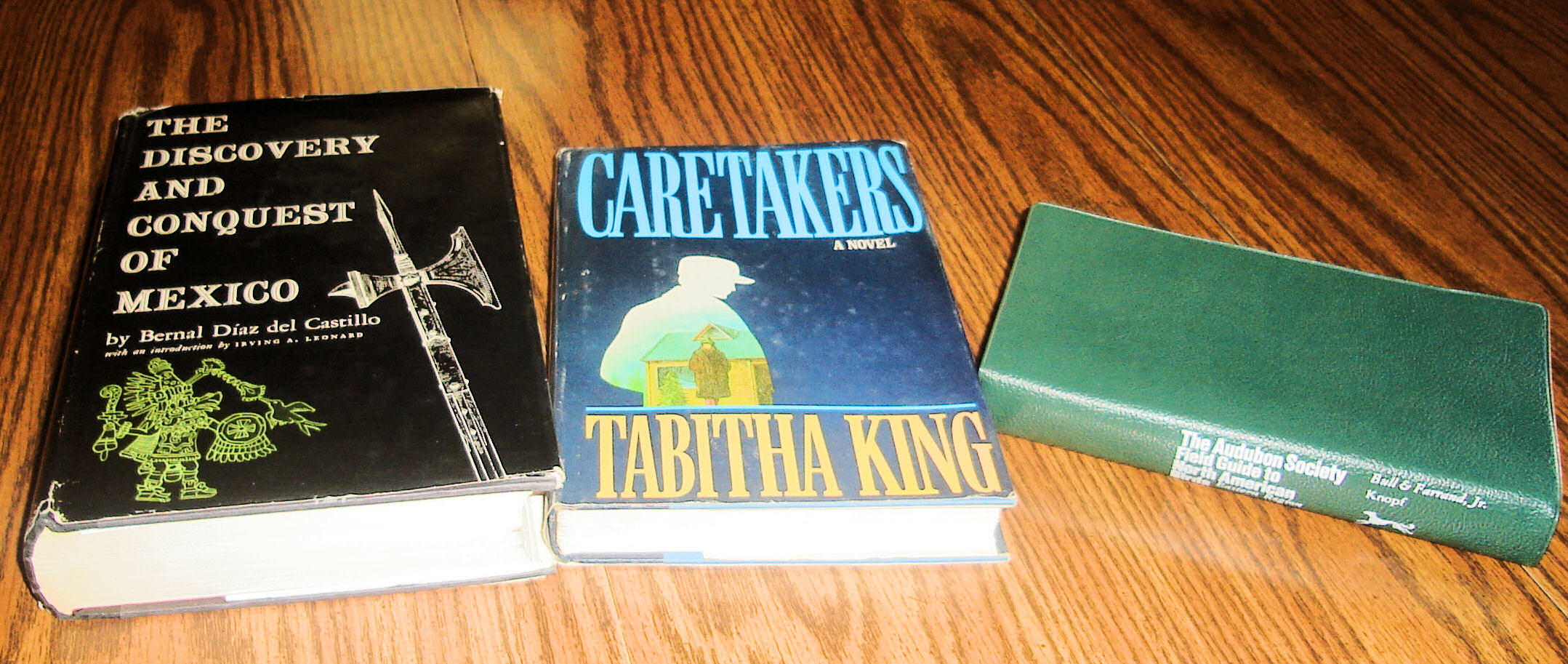This book tops the scales at 388 pages, and, frankly, it made me miss the days of one hundred and fifty page pulp books. Because let’s face it, this book has more akin to those crime thrillers than to more sweeping classical literature that covers more of the human condition and clocks in at a hundred more pages or less.
It’s a disappointing entry in the Prey series. The main plot revolves around an old woman who gets killed and robbed of a few expensive antiques that won’t be missed. It’s a pair of antique dealers doing this, you see, carefully across different states and whatnot. But it unravels when a young black man recognizes that some pieces are missing. I didn’t hesitate to tell you who did it because Sandford tips it pretty early, too, and then you see, via the narrative equivalent of split screen, what the bad guys do while the good guys try to figure it out. Sometimes it works, but given the other evidence, it cumulatively just looks sloppy.
To pad it out, Sandford spends a lot of time on a subplot, a Republican politician who is accused of sleeping with an underage girl. This subplot doesn’t deal with solving the crime, but how, politically, to deal with it. The Prey books have always had an element of this, but the book really throws this in and then combines the two plots as the antiques dealers use this as a red herring to throw Davenport off. When that doesn’t work, many pages later, the subplot doesn’t get mentioned again.
In the review of Phantom Prey, I wondered if sometimes Sandford didn’t know what he was talking about. Another couple bits within this book often sound tinny, as though Sandford didn’t really get into the context of the subcultures he’s writing about. For example, the young black man (I mean, high school student) goes to a hip hop club’s under 18 night on the night of the murder. He’s there with a couple of friends. A hip hop club, you understand. He takes mass transit down, but:
At ten o’clock, the mother of one of the kids picked up the boys in her station wagon and hauled them all back to St. Paul.
“What kind of car?” Lucas asked.
“A Cadillac SUV–I don’t know exactly what they’re called,” Lash said. “It was a couple years old.”
Maybe I’m splitting hairs here, but the Cadillac SUV is the obscure Escalade which, as far as I know, a couple of people in the hip hop industry drive. Sure, Sandford intimates that it’s a station wagon, which could mean the vehicle he has in mind is the Cadillac SRX, but the narrator shouldn’t crop that up, and I really think the boy would relate to the Cadillac SUV as either the Escalade or not. Not “I don’t know exactly what they’re called.”
Sadly, I think the series is drooping. Sandford might be phoning these in, and talking for hours while doing so.





